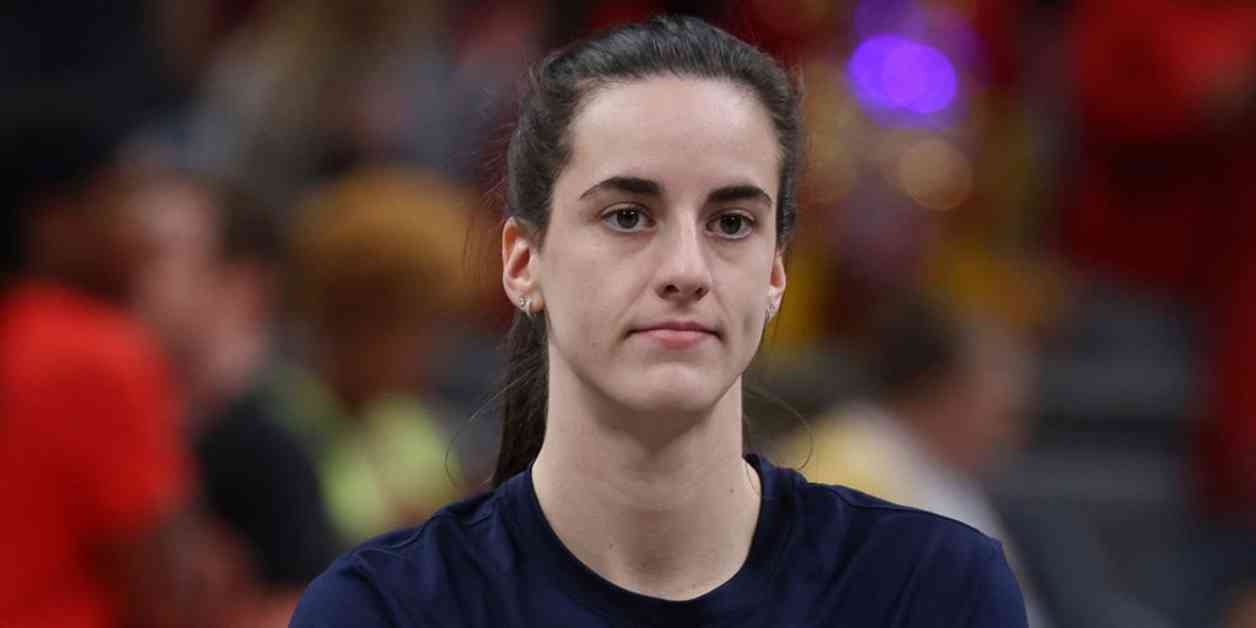Caitlin Clark Advocates for Mandatory One-Year Sit Out for Athletes
In a recent appearance on Travis and Jason Kelce’s “New Heights” podcast, NCAA women’s basketball star Caitlin Clark made her voice heard on the issue of college athlete transfers. Clark expressed her concerns about the current state of college sports, particularly regarding the transfer portal and its impact on student-athletes.
The Growing Trend of Student-Athlete Transfers
Clark highlighted the alarming trend of athletes transferring schools at unprecedented rates, especially since the introduction of the transfer portal in October 2018. This platform has made it easier for athletes to switch schools without the previous restrictions imposed by coaches and athletic directors.
The recent legalization of Name, Image, and Likeness (NIL) deals by universities in 2021 has further fueled the transfer frenzy among student-athletes. NIL deals have become a significant factor for athletes when choosing a school, raising concerns about the commercialization of college sports.
The Call for Change
Clark echoed Travis Kelce’s sentiments that the NCAA should consider reinstating the rule requiring student-athletes to sit out a full year when transferring schools. She suggested exceptions for athletes affected by coaching changes but emphasized the need to address the growing number of players transferring multiple times during their college careers.
The NCAA attempted to address this issue in 2023 by introducing new transfer restrictions, only allowing underclassmen to transfer once without a sit-out period. However, the rule sparked controversy and backlash, leading to its eventual abandonment in 2024 after legal challenges.
Clark’s Stance on College Sports
Throughout the discussion, Clark emphasized her commitment to the amateurism of college sports, choosing to stay at Iowa for her entire four-year NCAA basketball career. She lamented the loss of that amateur spirit in college sports, likening it to minor league football, and emphasized the importance of maintaining the distinction between college and professional athletics.
In a sports landscape increasingly marked by transfers and commercial interests, Clark’s unwavering dedication to her college team serves as a reminder of the values that have traditionally defined collegiate athletics. Her perspective sheds light on the complexities and challenges facing student-athletes in navigating the evolving landscape of college sports.
